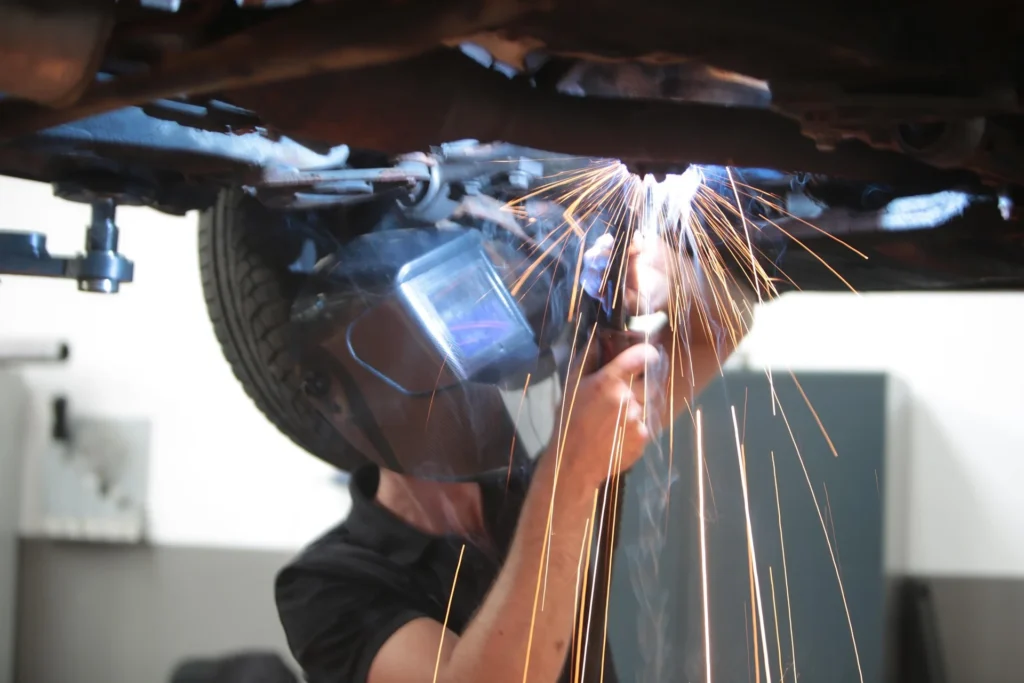[vc_row type=”in_container” full_screen_row_position=”middle” column_margin=”default” scene_position=”center” text_color=”dark” text_align=”left” overlay_strength=”0.3″ shape_divider_position=”bottom” bg_image_animation=”none”][vc_column column_padding=”no-extra-padding” column_padding_position=”all” background_color_opacity=”1″ background_hover_color_opacity=”1″ column_link_target=”_self” column_shadow=”none” column_border_radius=”none” width=”1/1″ tablet_width_inherit=”default” tablet_text_alignment=”default” phone_text_alignment=”default” overlay_strength=”0.3″ column_border_width=”none” column_border_style=”solid” bg_image_animation=”none”][vc_column_text]In ‘Smarter Regulation to Grow the Economy’ (May 2023) the Government has announced a number of proposals to introduce legislation with the intention to grow the economy, as well as save red tape for businesses by simplifying regulations in a post-Brexit era.
It contains some proposed changes in employment law, including measures to simplify the Working Time Regulations, altering TUPE by removing employee representatives for small businesses, and limiting non-compete clauses to 3 months.
Working Time Regulations
Firstly, the Government wish to remove retained EU case law that imposed requirements on businesses for working hour records to be kept for almost all members of the workforce. It says this is being done to cut red tape and save £1bn for businesses, while protecting the rights of workers. Furthermore, there is a proposal to introduce rolled-up holiday (which was not previously legal under EU regulations) so that workers can receive their holiday pay with every payslip. They are also proposing to merge the two separate leave entitlements (‘normal’ and ‘additional’) creating one pot of statutory annual leave.
TUPE
Under the new proposals, businesses with under 50 employees or under 10 transferring employees would no longer need to elect an employee representative, allowing businesses to consult directly with the affected employees. This is again being done with the aim to remove red tape for businesses, whilst improving engagement with workers.
Non-Compete Clauses
This proposal would look to limit the amount of time a non-compete clause can be imposed to a maximum of 3 months after an employee has moved on. The Government hopes this will provide 5 million employees with more freedom and flexibility to apply their skills somewhere else, in an effort to boost the economy.
Comment
In regard to the changes to the Working Time Regulations, some businesses will welcome them even though they are fairly minimal. Rolled-up holiday has supposedly been unlawful for some time but in practice, if both employer and employee are happy with rolling up holiday pay, it is unusual for it to be taken to Court.
Additionally, the changes in TUPE will be beneficial to small businesses as it will remove the unnecessary hassle and complexity of setting up elections. However, the proposals to alter TUPE are extremely minimal and do not touch other onerous regulations for informing or consulting prior to a TUPE transfer.
The change to non-compete clauses will be welcomed by many employees, however in reality this does not change a lot for employers as (a) non-compete clauses are fairly rare and (b) this only applies to non-compete clauses and therefore excludes, for example, non-solicitation and non-poaching.
Inevitably this may also lead to more employers introducing or lengthening garden leave, to extend the time a leaving employee is away from the business (and able to use their connections or acquired confidential information to damage the employer).
Don’t forget, this advice is general in nature and will need to be tailored to any one particular situation. As an RMI member you have access to the RMI Legal advice line, as well as a number of industry experts for your assistance. Should you find yourself in the situation above, contact us at any stage for advice and assistance as appropriate.
Motor Industry Legal Services
Motor Industry Legal Services (MILS Solicitors) provides fully comprehensive legal advice and representation to UK motor retailers for one annual fee. It is the only law firm in the UK which specialises in motor law and motor trade law. MILS currently advises over 1,000 individual businesses within the sector as well as the Retail Motor Industry Federation (RMI) and its members.
[/vc_column_text][/vc_column][/vc_row]




